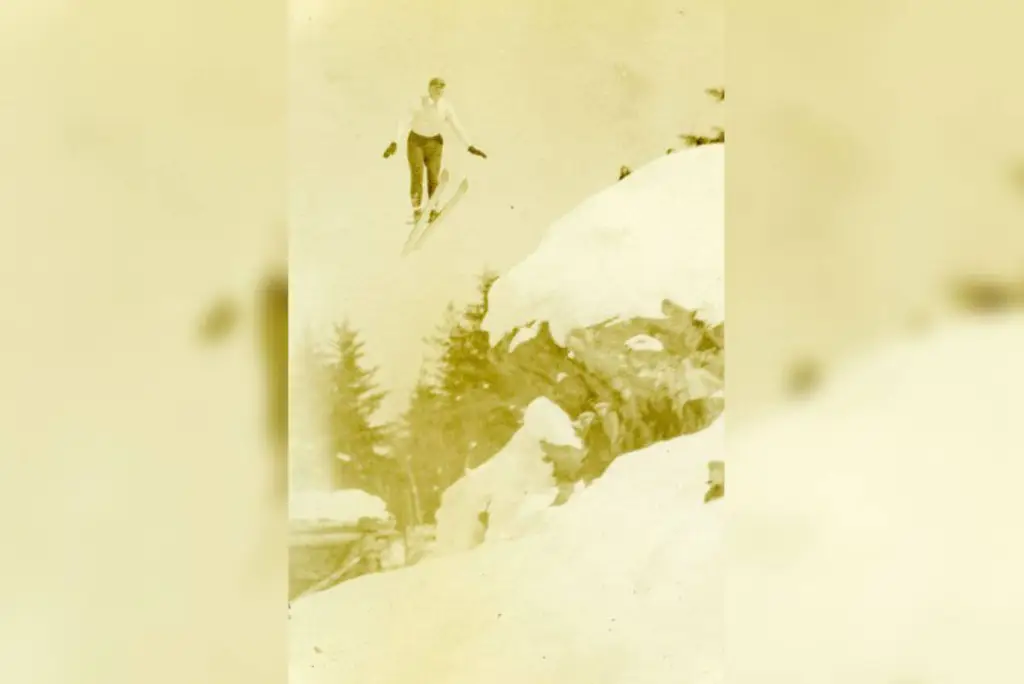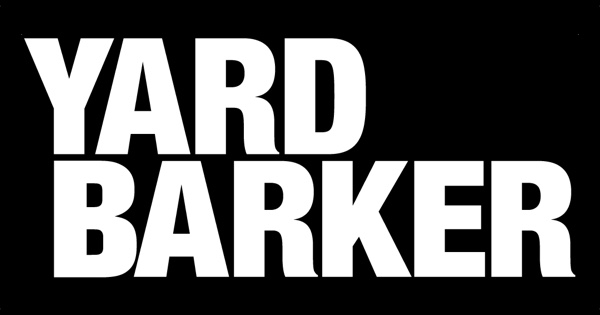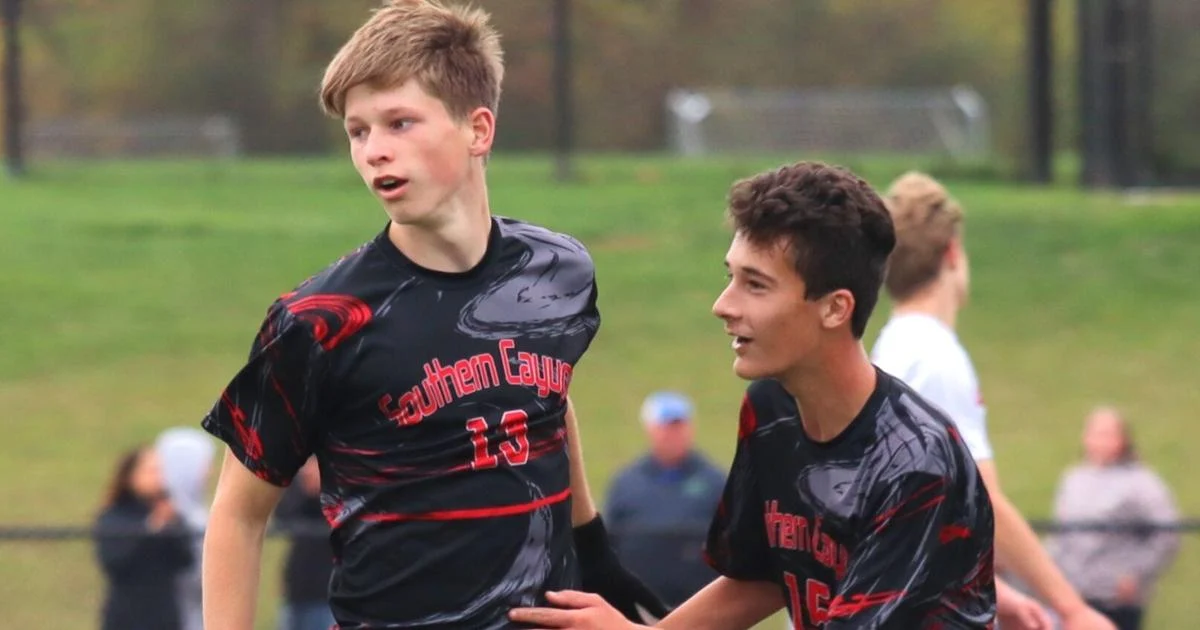Copyright kelownacapnews

Revelstoke’s newest road has opened an avenue for recognizing one of the town’s most celebrated, world-class ski jumpers. City council voted unanimously in favour on Tuesday, Oct. 28, of naming a new strata road — being forged to accommodate development and construction access in Mackenzie Village – “Lynburne Avenue.” Robert “Bob” Lynburne was born in Fort William, Ont., near Thunder Bay. Moving to Revelstoke as a toddler, he grew up enjoying Nordic skiing but primarily became a prolific ski jumper. Lynburne went on to represent Canada at the 1932 Winter Olympics in Lake Placid, N.Y. In 1933, he set a world record on Revelstoke’s own ski jump hill with a 287-foot spring. Today, Lynburne “carries historical and cultural significance to the town,” city staff wrote in their report to council. “I think that is an appropriate name,” Mayor Gary Sulz said Tuesday, in approval of Lynburne Avenue. Though a desirable choice to name a local street after a famed Revelstoke athlete, and in line with the city’s Street Naming and Addressing Policy, “there was contention whether the man’s name was Bob Lynburne or Bob Lymburne,” the report notes. Consulting with Revelstoke Museum and Archives, as well as Lynburne’s surviving family, staff managed to confirm via a marriage certificate from 1939 that the ski jumper was officially known as Robert Samuel Lynburne. Going forward with council’s approval, Lynburne Avenue will be built intersecting Nels Nelsen Crescent and immediately north of Coursier Avenue — quite fitting as all three names commemorate phenomenal ski jumpers in the community’s history. As recounted by the museum, a 17-year-old Lynburne set a junior world record of 165 feet at the 1928 Revelstoke Winter Sports Carnival. By 1932, he’d already beaten Nels Nelsen’s landmark 240-foot jump from 1925 by soaring 269 feet, setting a world record for the adult division that he would ultimately also surpass. Unfortunately, while competing locally in 1935, Lynburne seriously injured his head and retired from ski jumping. After transitioning to the tracks as a fireman for the Canadian Pacific Railway, Lynburne served in France during the Second World War with the No. 1 Railway Operating Company of the Corps of Royal Canadian Engineers, according to the Canadian Military Engineers Association. His cohort departed from North Bay and Stratford, Ont., for the U.K. in July 1943, repairing British railway equipment before landing in Normandy during September 1944. As the Allied forces fought through France, Belgium, the Netherlands and Germany, Lynburne played a critical role fixing, maintaining and running railway equipment, eventually returning the lines to civilian operators safe behind the front lines. After Germany surrendered in 1945, Lynburne returned to Revelstoke and continued working on the railway. Still suffering from his injury and exhibiting unusual behaviour, however, he wandered into the woods in 1957 and was never seen again. Now, some 68 years later, thanks to the selection of Lynburne Avenue, his name is here to stay, nestled into Arrow Heights alongside the leaping legacies of Nels Nelsen and Isabel Coursier.



